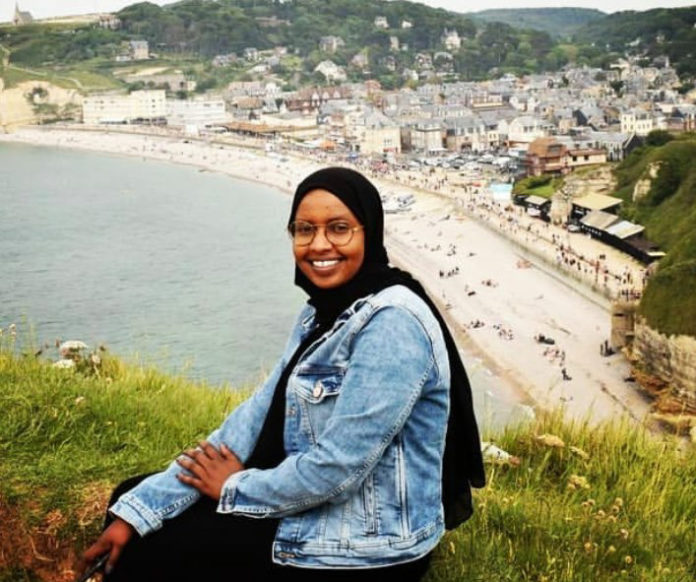People in Somaliland are still unaware of the virus and how severe this pandemic is. Most cannot read or write and although our President Muse Bihi Abdi has created a special team to spread the word about the virus, it’s not working. Officials are not speaking; they are not sharing info; they are not being transparent. This makes it very hard for citizens to really know what is happening. Some people think it’s just a flu, which means that they might not take it seriously and not go to the hospital in order to save money (our health system is all out of pocket).
We are not practicing social distancing nor staying at home, so life is going on as usual. Most families are lower-income and they really have no choice but to go out and work in order to survive. The government cannot support them, which makes it very hard for it to advocate for social distancing in the first place. Officials have also been very soft in asking to take other precautions, such as wearing masks. Even some government institutions are not forcing their employees to wear masks — there just aren’t enough for everyone.
At the moment we have less than 10 cases, but that is because we are not testing. We received the first testing kits (we don’t know how many) a week ago. Doctors don’t really know how to use them — they need professional training — and health centers are inadequate and not spread homogeneously across the country.
The government has just given $3 million to the kitty created for the fight against coronavirus, but it’s actually not enough, and it cannot contribute anything more. The president has therefore asked international donors to help upscale Somaliland’s preparation.
I was actually in Beirut, Lebanon, until the beginning of March because I was getting my bachelor’s degree in health communication, human rights and transitional justice. My classmates from Somaliland and I thought long and hard about whether or not to come home, but we had no choice when the university shut down. However, we were worried that we might get the virus and spread it in our country. We were well aware that Somaliland cannot afford to go through a pandemic and we knew we had a responsibility as educated citizens, so we decided to self-quarantine for 14 days once back home. My male friends managed to rent houses for their quarantine; for cultural reasons, that was not possible for us women, so we just stayed with our families and isolated in separate rooms. At first, my parents and sisters did not understand why I was doing that regardless of the fact that I was feeling fine. People here don’t know you might be an asymptomatic carrier.
I am still a full-time student (although remotely so), but when I got back to Somaliland I decided to help the community, so I joined Taakulo Somali Community, a local NGO that partners up with big donors to implement project within the community. We are working on an awareness campaign about coronavirus. Another team will soon start distributing food to those unable to afford it — we expect the disease to spread and the economy to be affected, putting some people in a very difficult position.
I will keep working for the organization over summer as coronavirus has become a priority. I was however supposed to work for a small organization that I funded with some friends to raise awarenes about female genital mutilation, which is widely practiced here (98% of Somali women have undergone it). We were planning on holding classes and events to talk about the enormous damage that female genital mutilation has on reproductive health, and how it’s a cultural practice rather than religious. We live in a society that doesn’t talk about these issues. They are tabus, they are stigmatized.
We want to remove the tabu and the stigma, and have open conversations, but right now I have to focus on raising awareness about the virus. It can literally kill all of us if we don’t take precautions. We cannot afford to reach the same level of contamination that the United States and Italy are experiencing.
By: Kawsar Amiin, 23, Hargesia (Somaliland)







































